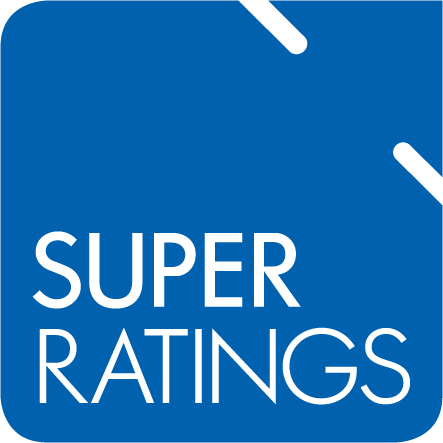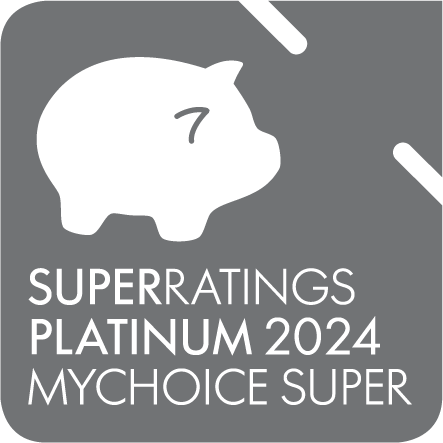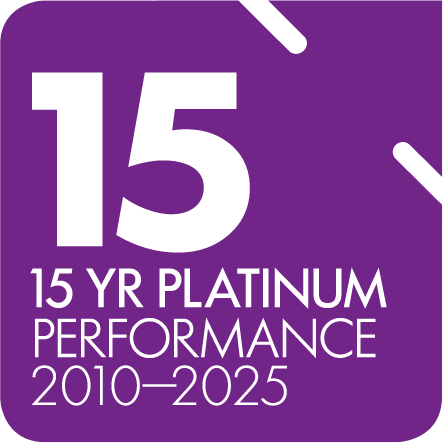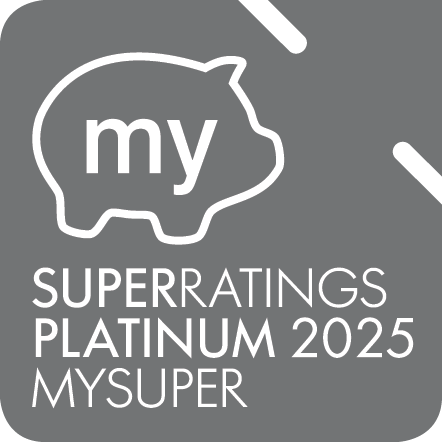If you are unable to work due to illness or injury, IP cover can provide you with regular monthly benefit payments. IP can be paid if:
- You’re totally disabled and unable to do any work, or
- You’re partially disabled and can do some of your work in a limited capacity, by either reduced hours, or duties, or both, as a result of your illness or injury.
The maximum amount payable is either:
- Your sum insured (this is the amount of IP cover you have), or
- Up to 85% of your pre-disability income (this is the actual salary you were earning at the time you stopped working, and it can be higher or lower than your sum insured).
Once your pre-disability income is confirmed as part of your claim, the benefit payable to you is up to 75% of your salary, with a remaining balance of up to 10% paid into your super account as a contribution. If your sum insured is lower than your pre-disability income, then the full sum insured is paid directly to you.
If your claim is approved, monthly payments are paid in arrears one month after the end of the waiting period and continue for the duration of the benefit period, as long as you remain medically supported as being unfit for duties. Your claim can stop and restart as you recover and return to work, depending on your circumstances. Your Claims Assessor will let you know when this occurs and will guide you through the process.










